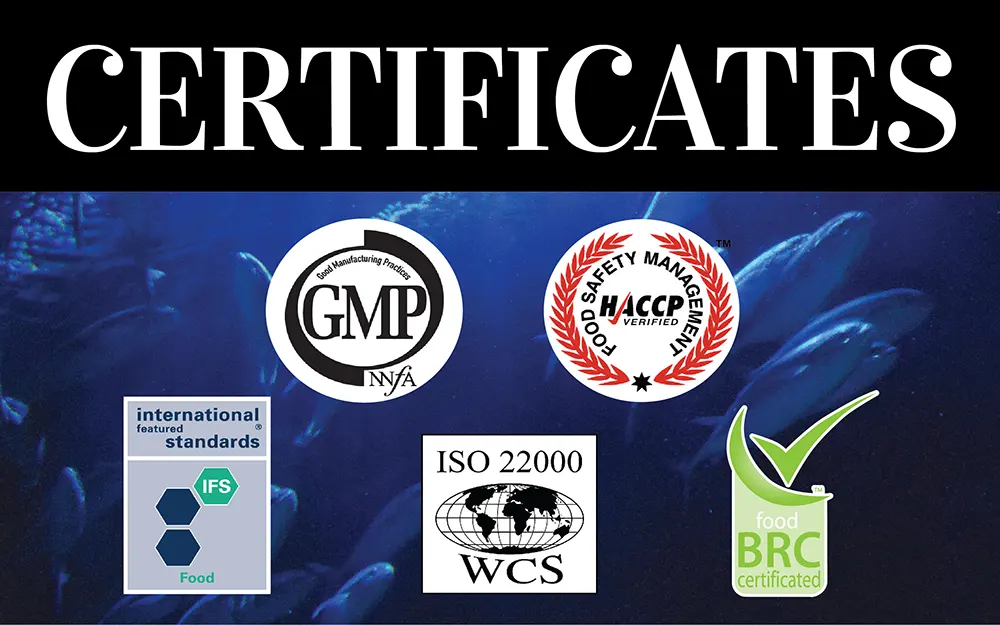 Rachel Mutter: Intrafish
Rachel Mutter: Intrafish
As China shuts down cities, closes transport links and races to build hospitals, execs tell IntraFish what the pandemic might mean for seafood in the world’s biggest market.
“The impact on seafood industry will be huge,” one exec told IntraFish of the coronavirus outbreak as he stepped off a plane from Shanghai to Seattle where all his fellow passengers were wearing masks.
CEO of Qingdao processor Chang International Jerry Chang said all processing plants in China will be shutdown for at least one or two weeks beyond the usual Chinese New Year shutdown, “if not more,” saying a shortage of production would soon ensue.
“Both production and logistics will be a mess due to plant shutdown, and logistics will be difficult due to traffic control at every cities and provinces,” he said.
What began as a small number of illnesses contracted from a seafood wholesale market in Wuhan, Hubei, the coronavirus is now threatening to be the next global health pandemic, with 2,700 confirmed infected and 80 dead.
Suspected to be contracted through consumption of wildlife — animals such as snakes, lizard and others common to China’s wholesale markets — the coronavirus has sparked a countrywide ban on the trade and the shutdown of several cities and logistics hubs.
New year, bad timing
The outbreak coincides with the country’s biggest annual holiday, Spring Festival, which usually sees the largest human migration in the world and at least twice as much spent on groceries and eating out as at any other time of year.
But this year will be different, with advice coming from the Chinese government to stay put and stay indoors.
“In the short term, the outbreak of the virus has inevitably had negative impacts on food businesses in China including the seafood sector,” said BioMar Tongwei Technical Manager Henrik Fang Luo.
“Following the outbreak of the virus and instructions from authorities, Chinese families have dramatically reduced their outdoor activities. This has resulted in numerous cancelled trips, dinners and even reduced shopping frequencies.”
‘No question, imports will be affected’
While less inclined to commit to such a dramatic shift, Jason Carter, assistant chief marketing officer at China’s biggest tilapia producer, Baiyang Aquatic also predicted an impact.
“As far as exports go we are still in the middle of our Chinese New Year vacation and February is always a slow month for us,” Carter told IntraFish.
“There will be some impact on importing seafood into China as most people are not eating out or even leaving their homes.”
Jim Gulkin, CEO at Thailand-based shrimp trading giant Siam Canadian, walked the same line.
“So far the outbreak has had little effect on our business as everything is pretty much closed for the new year holiday. But undoubtably this will have an impact on our local import and distribution business which is based in Guangzhou, once the holiday ends,” said Gulkin, adding there was “no question” the virus and measures being taken to prevent its spread would “severely” affect restaurant and hotel business throughout China.
“For exports, I don’t see a likely potential affect. There is no danger for the food supply from this virus so exports will likely continue as usual.
“But no question, imports will be affected. If this disease becomes truly widespread then the impact on food trade in general as well as the tourism, hotel and restaurant trade in China will be severely impacted.”
A silver lining?
Long-term, BioMar’s Fang Luo considers the outlook more positive.
“I don’t believe the outbreak of the virus will have a negative impact on the seafood sector in the long run. On the contrary, it may advance some of the underlying trends we are already seeing in the market which I think are positive for the industry,” he told IntraFish.
“The epidemic should enhance the general health consciousness of Chinese consumers, which includes not only personal hygiene but also choice of food items.
“This presents opportunities for those seafood producers dedicated to delivering healthy and safe products to the market. I think we can also expect stricter requirements on the processing of animal protein and the upgrading of traditional food markets, which are still today the major outlets where Chinese consumers buy fresh seafood and produce.”




